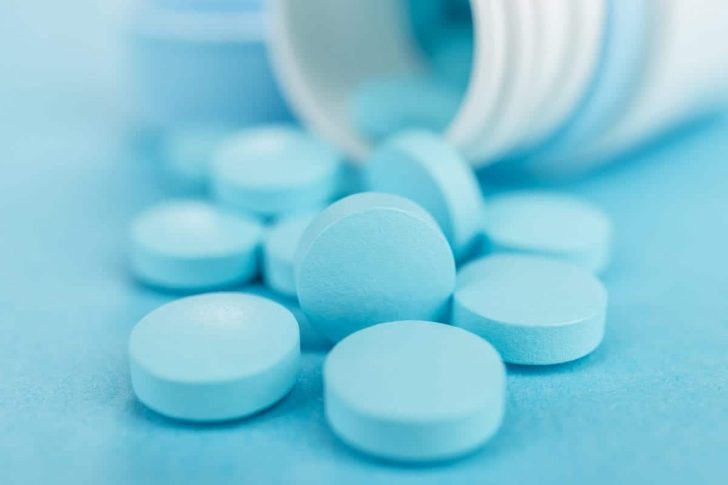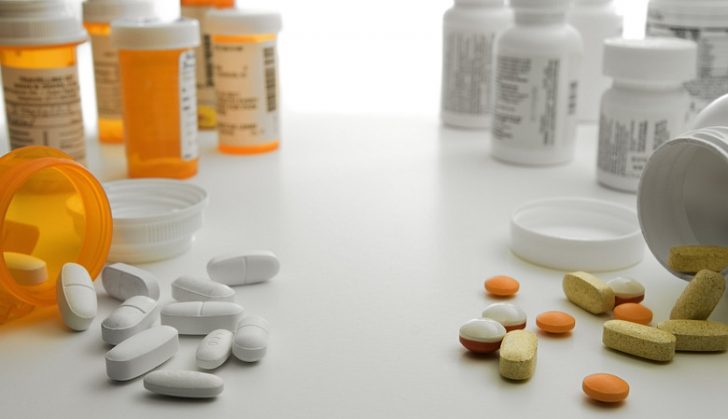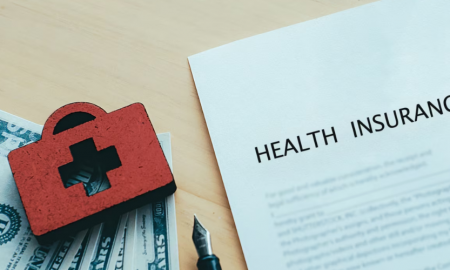
Do Muscle Relaxers Show Up On A Drug Test? Here’s What You Need to Know

When you are gearing up for a drug test, be it for employment, sports, or any other reason, you might find yourself pondering over a peculiar question: Do muscle relaxers show up on a drug test? This query is not just a passing thought for many. It is a significant concern, especially for those prescribed muscle relaxers for various health conditions.
Now, let’s go ahead and explore in detail:
What Are Muscle Relaxers?
Muscle relaxers, or muscle relaxants, are a group of medications prescribed to alleviate muscle spasms, pain, and discomfort associated with conditions like back pain, neck pain, and certain muscular disorders. These medications work by causing the muscles to relax. This can significantly reduce pain and improve mobility.

The Talks / Muscle relaxers are often prescribed following an injury or to treat chronic conditions like multiple sclerosis or cerebral palsy.
Muscle relaxers can be broadly classified into two categories: antispasmodic and antispastic. Antispasmodic muscle relaxers are typically used to treat muscle spasms resulting from musculoskeletal conditions. On the other hand, antispastic muscle relaxers are prescribed for conditions that affect the brain or spinal cord.
Examples of commonly prescribed muscle relaxers include cyclobenzaprine (Flexeril), carisoprodol (Soma), and methocarbamol (Robaxin). Each of these medications works in a slightly different way. But the end goal is the same: to reduce muscle tension and provide relief from pain.
How Do Muscle Relaxers Work?
To understand how muscle relaxers work, it is essential to grasp the basics of muscle contraction. At the molecular level, muscle contraction is initiated by the central nervous system, which sends signals to muscle fibers to contract. Muscle relaxers interfere with these signals in various ways, depending on the type of medication.

Cotton Bro / Pexels / Some muscle relaxers work by acting directly on skeletal muscle fibers, reducing the intensity of muscle contractions.
Others work centrally, meaning they affect the brain or spinal cord’s ability to send signals to muscles. By interrupting these signals, muscle relaxers help to reduce spasms and pain, making them invaluable for many people suffering from muscular disorders or injuries.
Do Muscle Relaxers Show Up On A Drug Test?
Now, let’s address the crux of the matter: Do muscle relaxers show up on a drug test? The straightforward answer is, it depends. Most standard drug tests, particularly those used for employment screening, are designed to detect specific substances, such as narcotics, amphetamines, benzodiazepines, cannabis, and alcohol. Muscle relaxers are not typically included in these panels unless there is a specific reason to test for them.
However, certain muscle relaxers may yield a false positive for other substances. For example, carisoprodol (Soma) has been known to trigger false positives for benzodiazepines in some tests. It is important to note that advanced testing methods, such as gas chromatography-mass spectrometry (GC-MS), can accurately identify specific drugs and their metabolites, thereby reducing the likelihood of false positives.

Health News / If you are prescribed muscle relaxers and are concerned about a forthcoming drug test, it is advisable to inform the testing entity about your prescription.
Providing documentation from your healthcare provider can help clarify the situation and prevent misunderstandings regarding your test results.
The Final Word
Understanding whether muscle relaxers show up on drug tests is crucial for those relying on these medications for pain relief and improved mobility. While most standard drug tests do not specifically target muscle relaxers, the potential for false positives exists, making it essential to communicate openly with your employer or testing agency.
So, while muscle relaxers play a vital role in managing pain and muscular disorders, their impact on drug testing is minimal, provided the necessary precautions are taken. By staying informed and proactive, you can navigate the complexities of drug testing with confidence. This ensures that your medication does not inadvertently affect your career or sporting aspirations.
More in Health Insurance
-
`
Are High Deductible Insurance Plans as Ideal as They Appear to Be?
High deductible insurance plans have been a hot topic for years, especially as healthcare costs continue to rise. For many Americans,...
October 31, 2024 -
`
How Training Load Data Can Transform Your Exercise Routine
Tracking progress during workouts is challenging. Simple metrics like mileage or time don’t show the whole picture. Understanding the overall effort...
October 26, 2024 -
`
Katy Perry’s Weight Loss Journey: Secret Diet Tips Revealed
Katy Perry’s weight loss journey has been making headlines, with the pop star shedding 20 pounds over the past few months....
October 16, 2024 -
`
Celebrity Trainer Jeanette Jenkins Shares 5 Key Workout Motivations
Jeanette Jenkins is one of the most sought-after celebrity trainers, known for her ability to motivate and inspire people to achieve...
October 8, 2024 -
`
How to Spot Lung Problems Early and Protect Your Health
Lung problems can sneak up on anyone, affecting breathing and overall well-being. Recognizing early symptoms can be crucial in preventing severe...
October 2, 2024 -
`
How to Get Into ‘Breaking Shape’ | A Guide for First-Timers
Breaking is not just a dance style. It is a full-body workout. To get into breaking shape, you will need more...
September 27, 2024 -
`
What to Do If You Mess Up Your Diet: A Recovery Guide
Everyone makes mistakes when it comes to diet. It’s natural to wonder what to do if you mess up your diet,...
September 19, 2024 -
`
Did Charles and Alyssa Break Up? The Signs That Have Fans Concerned
Did Charles and Alyssa break up? This question has taken over social media, sparking a wave of concern among the couple’s...
September 11, 2024 -
`
5 Essential Health Activities You Should Keep Track of Every Day
What should you track every day for health? Well, to maintain your well-being it is crucial to keep track of everyday...
September 6, 2024















You must be logged in to post a comment Login